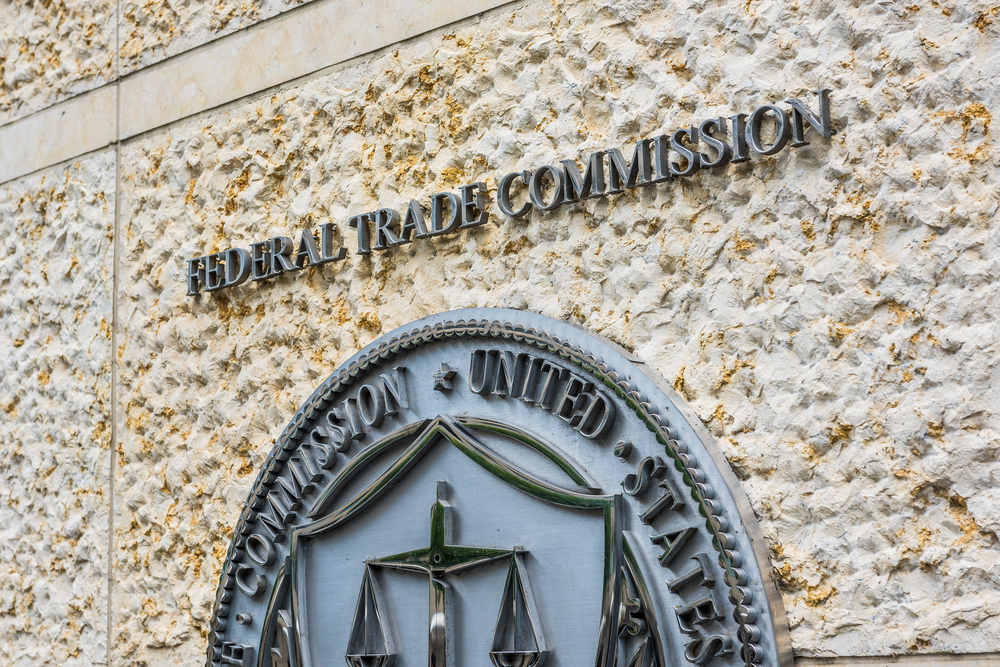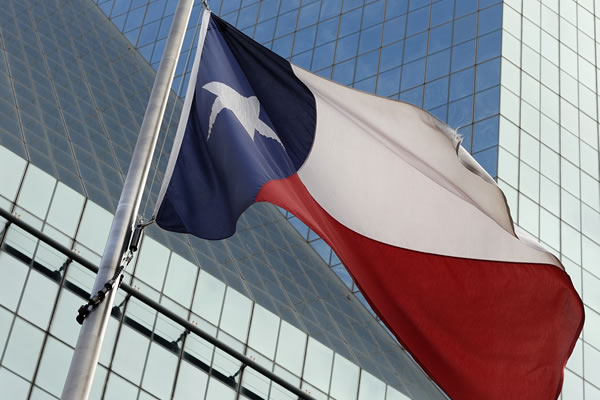- Alma J. Aguirre
- Amine Ammar-Aouchiche
- Katy Merrill Andre
- Courtney Culver Baker
- Stephen Bres
- Thomas H. Burton, III
- Giorgio “George” Caflisch
- Victor L. Cardenas Jr.
- Adam B. Chambers
- Ben Connally
- Casey Craft
- Kimberley L. Doom
- Clint Dye
- Stephanie F. Erhart
- Amanda J. Flanagan
- Dalby Fleming
- Joseph A. Garnett
- Steven O. Grubbs
- Jamie Guidry
- Christina “Tina” E. Gutierrez
- Veronica A. Ibraheim
- Christopher R. Jackson
- James W. Karel
- Henry C. A. List, Jr.
- Travis Livermore
- Donald R. Loving II
- Cade Lunsford
- Dale B. McMath
- Amy Mitchell
- Dawn A. Moore
- Brent Myklebust
- Tim Nebel
- Raymond A. Neuer
- Kevin Niknam
- Nancy A. Norman
- David Oh
- Christopher A. Palumbo
- George P. Pappas
- R. Edward Perkins
- Lara M. Price
- Carolyn K. Rangel
- James E. Rensimer
- Cameron D. Renton
- Richard A. Sheehy
- J. Parker Short
- Wesley T. Sprague
- Brian Tagtmeier
- Jana H. Taylor
- Erik Veliz
- James L. Ware
- Ann P. Watson
- Michael P. White
- Christene Wood
- Justin T. Woods
- David A. Wright
- Michael J. Yanochik

New FTC Rule Bans Most Noncompete Agreements
The U.S. Federal Trade Commission (FTC) approved a rule banning most new noncompete agreements and rendering the vast majority of existing noncompetes unenforceable. The new rule, passed April 23, 2024, covers all for-profit employers nationwide and is expected to take effect in August – 120 days after publication in the Federal Register (which is expected soon). However, several business groups have filed legal challenges to the rule.
What the Rule Does
According to the FTC, about 18% of American workers – about 30 million people – are subject to a noncompete agreement, which limits their ability to switch jobs or start a competing business. The new rule prohibits employers from entering into new noncompetes with employees. It also nullifies most existing noncompetes, except those for senior executives who earn more than $151,164 annually in a “policy making position.” For all other existing noncompetes, the new rule requires employers to notify workers that the agreement will not be enforceable against them after the rule takes effect.
The Rationale Behind the Rule
In announcing the ban, the FTC said noncompetes stifle wage growth and innovation while unfairly preventing workers from switching jobs or starting new businesses. The agency projects that the new rule will result in a 2.7% annual increase in new business creation, or 8,500 additional businesses each year. It will also lead to higher earnings for workers, who will make an additional $524 a year on average, according to FTC projections. “The FTC’s final rule to ban noncompetes will ensure Americans have the freedom to pursue a new job, start a new business, or bring a new idea to market.” said FTC Chair Lina Khan.
In January 2023, the FTC issued a proposed role, which was subject to a 90-day public comment period. The FTC received more than 26,000 comments, of which the agency said more than 25,000 favored the ban, and used the feedback to finalize the rule.
The five-member FTC Commission voted along party lines to pass the rule 3-2, with the Commission’s three Democrats in favor and the two Republicans in opposition.
Challenges to the Ban
Several business groups have voiced opposition to the ban, calling it overly broad and arguing it limits the ability of businesses to protect their confidential information. Dallas-based tax services and software provider Ryan LLC filed the first lawsuit against the ban, in federal court in Texas. The new rule “imposes an extraordinary burden on businesses seeking to protect their intellectual property and retain top talent within the professional services industries,” the lawsuit said. The U.S. Chamber of Commerce, the nation’s largest business lobby, quickly followed suit and brought its own legal action in federal court in Texas. The U.S. Chamber alleges that while the FTC is empowered by federal law to enforce existing anti-trust laws passed by Congress, it lacks the power to adopt sweeping new rules like the ban on noncompetes.
“Companies will face substantial legal costs as they are forced to resort to other tools to attempt to protect their investments,” the Chamber said. “And the economy as a whole will suffer as start-ups and small businesses are unable to prevent dominant firms from hiring their best employees and gaining access to their confidential information.”
The Takeaway
It remains to be seen if these and other lawsuits will succeed in blocking the noncompete ban. Companies who use noncompete agreements and individuals who are bound by one will no doubt want to monitor the outcome of these legal challenges to determine the impact these developments will have on them. If you have any questions about how the new rule will impact you, your noncompete agreement, or your business, contact Pappas Grubbs Price PC.
At Pappas Grubbs Price PC, our attorneys represent both employees and employers in the drafting, advising, reviewing, pursuing, and defending the execution of noncompete agreements and in litigating noncompete disputes.


















































